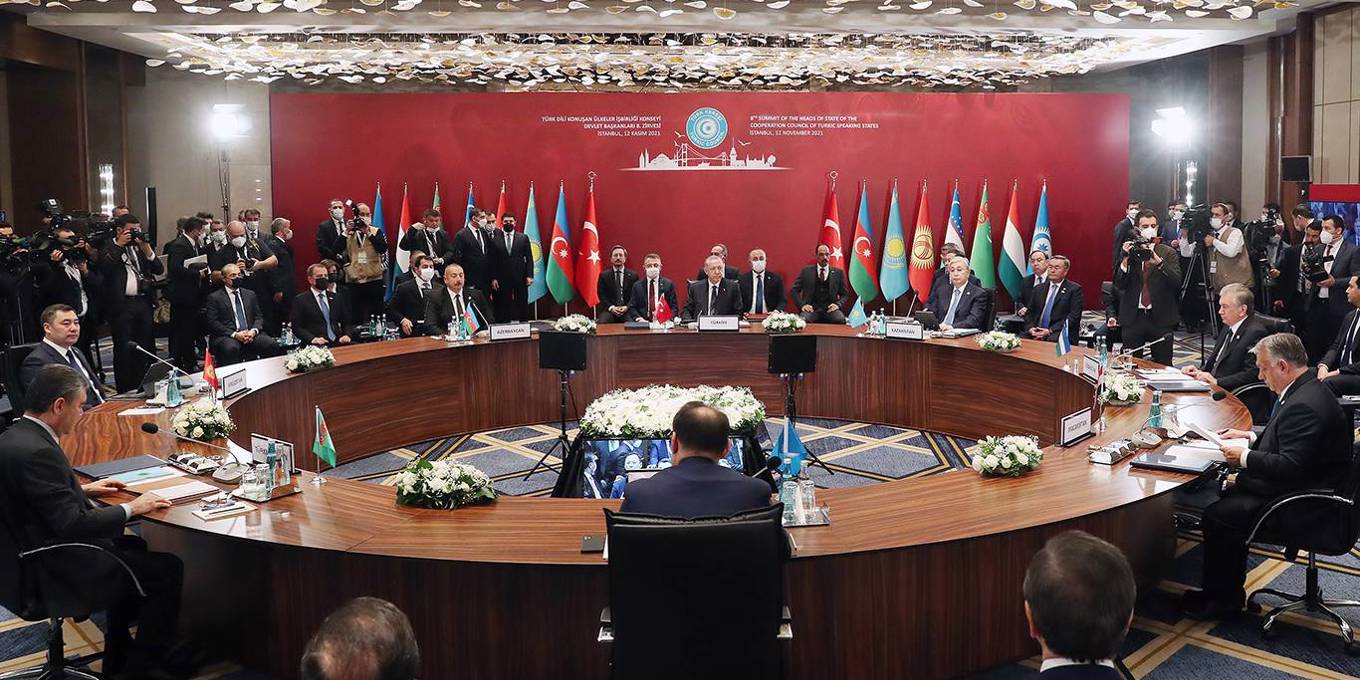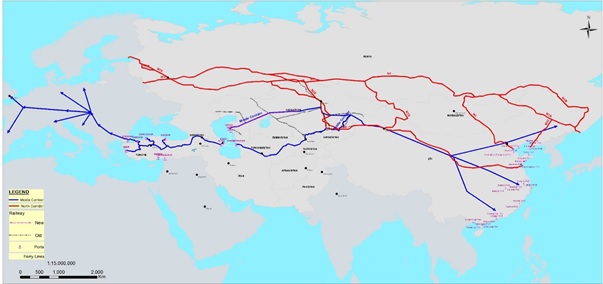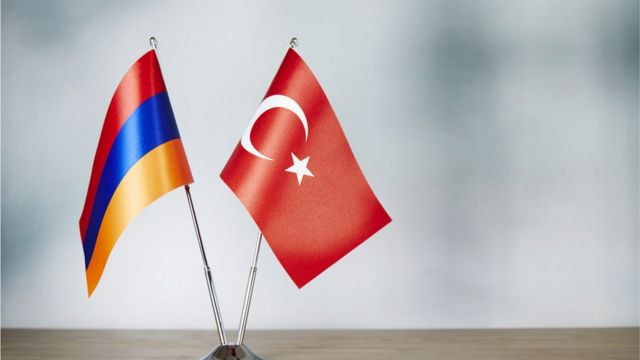
Project Syndicate (6 December 2021)
Djoomart OTORBAEV*
Russia, China, and the West have so far said relatively little about the seven-member Organization of Turkic States. But with the Eurasian chessboard becoming increasingly pivotal as great-power competition heats up, they are unlikely to remain silent for long.
I still have vivid memories of my first trip to Turkey in 1993. After the Soviet Union’s collapse two years previously, we Kyrgyz gained access to a world we had hitherto only imagined. We all had Turkish relatives somewhere in the West with whom we had lost contact. And there was a similar emotional reaction on the Turkish side: Turkey was the first state to recognize the independence of my country and the other Soviet Central Asian republics.
So, when I arrived at Atatürk airport in Istanbul, I approached ordinary Turks and tried to speak with them. To my disappointment, we didn’t understand each other. I realized that although many elements of our respective languages were similar, differences in pronunciation and the many Persian, Arabic, and Latin words that had become a part of modern Turkish prevented me from communicating freely with the people I met. Despite a shared culture and traditions, history had separated Turkic-speaking people not only geographically and linguistically but also in essence.
Please click to read the rest of the article: https://www.project-syndicate.org/commentary/organization-of-turkic-states-great-power-reaction-by-djoomart-otorbaev-2021-12
*Djoomart Otorbaev was prime minister of Kyrgyzstan in 2014-15
© 2009-2025 Avrasya İncelemeleri Merkezi (AVİM) Tüm Hakları Saklıdır
Henüz Yorum Yapılmamış.
-
KKTC DAVA EDİLDİ
Ata ATUN 31.05.2012 -
KIBRIS MÜZAKERELERİNİN 2014 FALI
Ata ATUN 30.12.2013 -
BOSNA-HERSEK İÇİN EYLEM PLANI
Erhan TÜRBEDAR
Oya EREN ÖZER 27.12.2009 -
 MIDDLE CORRIDOR AND ITS POTENTIAL ADVANTAGES - 11.10.2022
MIDDLE CORRIDOR AND ITS POTENTIAL ADVANTAGES - 11.10.2022
Deniz ÜNVER 11.10.2022 -
 TÜRK-ERMENİ İLİŞKİLERİNDE NORMALLEŞME: NE KADAR NORMAL, NE KADAR HIZLI? - 17.01.2022
TÜRK-ERMENİ İLİŞKİLERİNDE NORMALLEŞME: NE KADAR NORMAL, NE KADAR HIZLI? - 17.01.2022
Kemal ÇİÇEK 18.01.2022


